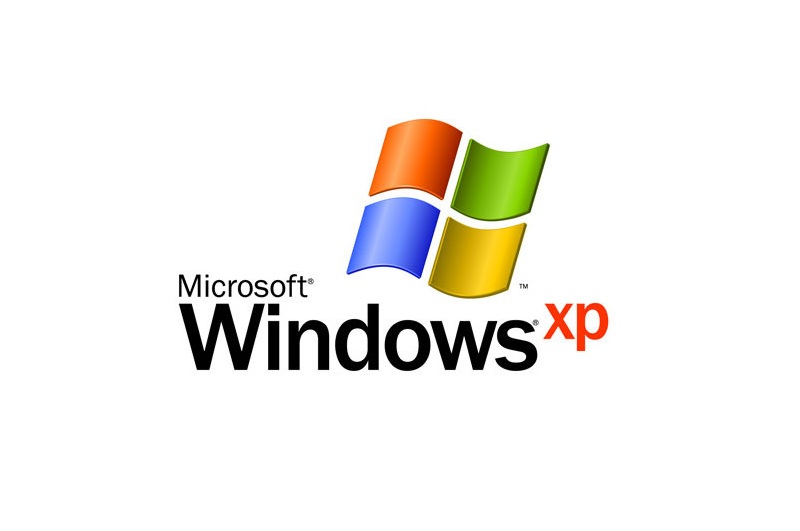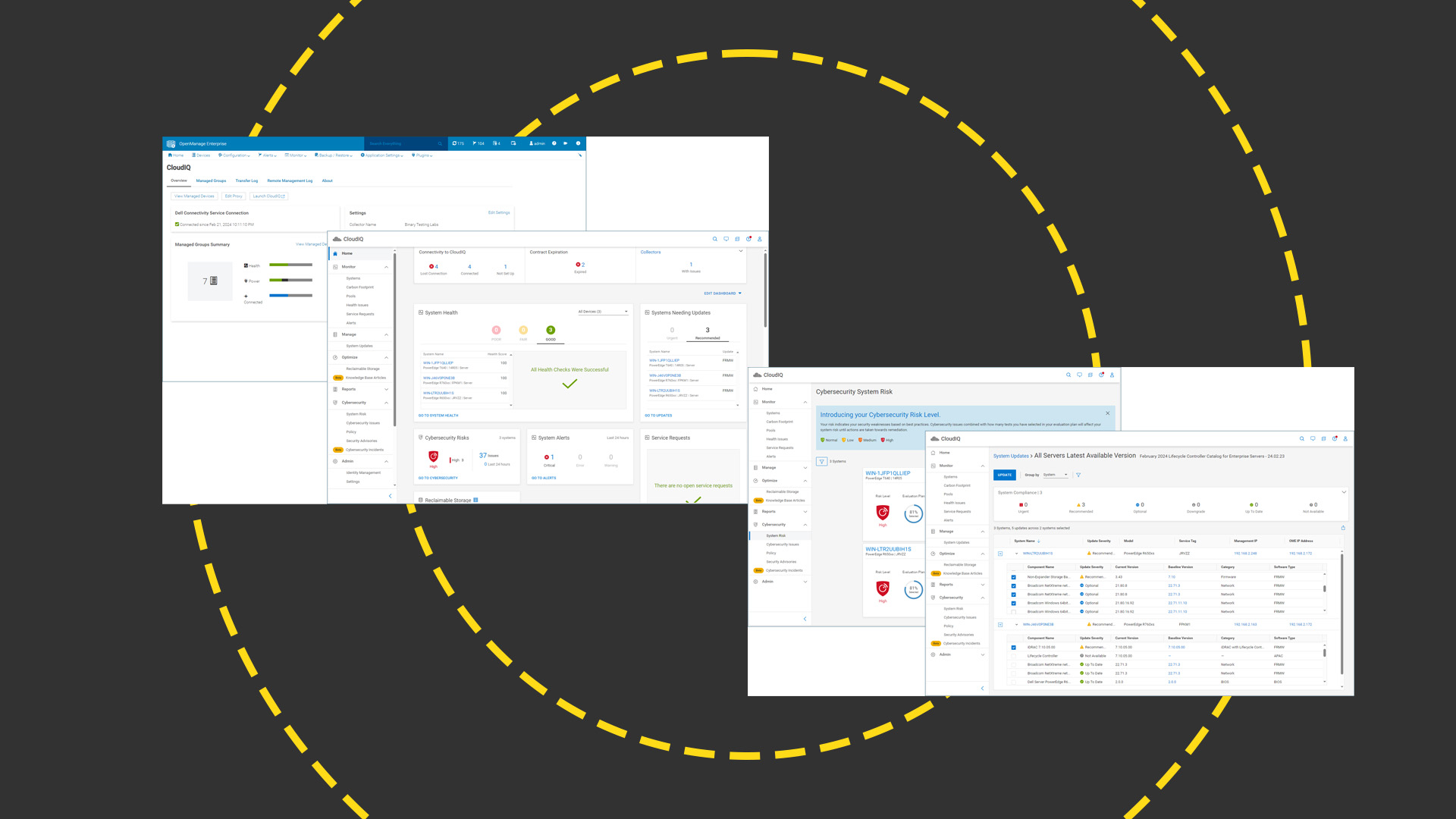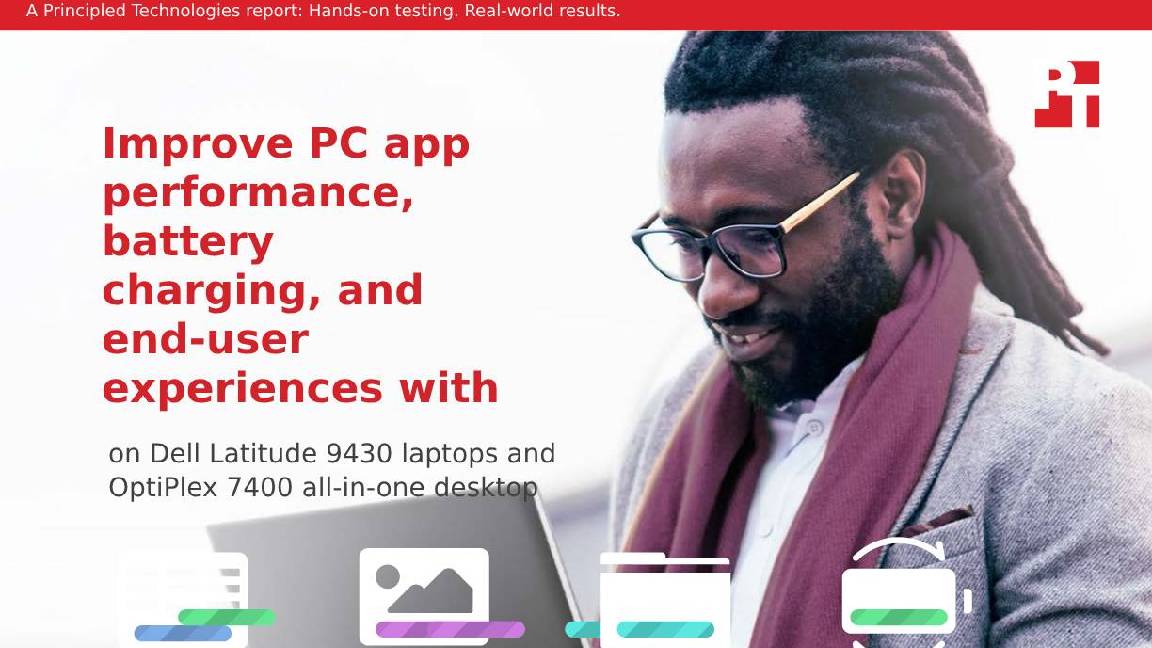Windows XP enterprise users urged to ditch aged OS now
With Windows XP support set to cease in six months, pressure is on users to upgrade.

With six months to go until Microsoft pulls the plug on support for Windows XP, enterprises are being urged once more to ditch the aged operating system.
The software giant will cease extended support for Windows XP on 8 April 2014, which means users will no longer receive technical and security updates for the OS.
The clock is ticking, and companies need to take action today.
The deadline has been well publicised by Microsoft, with the firm repeatedly warning about the security and performance issues users face by continuing to use XP passsed this date.
Data from NetMarketShare suggest over 30 per cent of desktop devices still run XP, while 46.4 per cent have Windows 7. Nearly a year on from its launch, Windows 8 is used on just over eight per cent of desktop PCs.
With so many people still running Windows XP on their desktop PCs, pressure is growing on enterprises that are yet to make the move to a more up-to-date OS.
Adrian Foxall, chief executive of application management software firm Camwood, said businesses need to start preparing to dump XP as a matter of urgency.
"Microsoft recommends an 18-to-30 month transition period [to migrate off XP], but with only six months to go, it could be too late for many organisations," he warned.
Get the ITPro daily newsletter
Sign up today and you will receive a free copy of our Future Focus 2025 report - the leading guidance on AI, cybersecurity and other IT challenges as per 700+ senior executives
"Our independent research six months ago, which marked one year to end of the XP, found that at that point over half of UK businesses had yet to start migration.
"Our concern is that many of these organisations have still not actually started the process, and are now really reaching crisis point," he added.
Earlier this year, Microsoft warned XP users that if they continue to use the software once support ends they will be saddled with a zero-day vulnerability "forever".
However, Clive Longbottom, service director at market watcher Quocirca, said XP users are already on the back foot when it comes to security, because of the age of the OS.
"The platform is essentially 15 years old and the world was a far different place back then. Attack vectors for Black Hats have changed, and whereas Windows 7 and Windows 8 have adapted to provide better built-in security, Windows XP is a security nightmare," he told IT Pro.
The software's age means enterprise users won't be able to use some modern applications, because of compatibility issues, which could affect their competitive edge.
"I also doubt many people have consumer machines running XP (or anything earlier)... and XP will just look and feel old and nasty to them," added Longbottom.
"They will be more likely to phone the helpdesk with a question along the lines of Why doesn't XP do this my home computer does?' than ask how something should be done under a newer OS."
Taken together, all these issues are putting firms' business-critical data at risk, added Foxall.
"With all the potential compatibility and security issues looming from legacy systems, businesses need to understand migration is a necessary step to secure their valuable data," he said.
"The clock is ticking, and companies need to take action today," he added.
Dell's helping hand
To help ease the transition from Windows XP to later versions of the operating system, hardware giant Dell has launched a migration service to guide users through the change.
Dubbed Windows Migration Fast Forward Service, the offering is aimed at people with up to 5,000 PCs to upgrade and uses pre-packaged modules to address every stage of the migration.
The service is aimed at users that have made no attempt to ditch the operating system, as well as those that might already be part of the way through a migration project.
Kevin Jones, vice president and general manager of infrastructure and cloud computing services at Dell, said the XP end of support deadline was an "industry-wide issue" many of his customers are being forced to try and deal with now.
"Our goal is to provide organisations of all sizes with an efficient migration solution. The Windows Migration Fast Forward Service adds to Dell's complete suite of migration offerings that make upgrading to Windows 7 or Windows 8 fast, simple and affordable," he said.
However, while making it cheaper and easier for users to move off XP is important, Longbottom said companies that do not could be limiting their future growth potential.
"The removal of support should not be a driver to move. What should be is the capacity to actually support the organisation, to secure its intellectual property, to provide a flexible platform for the future, and to demonstrate that as IT, you are not responsible for constraining the business, but are responsible for liberating it," he concluded.
-
 Westcon-Comstor and Vectra AI launch brace of new channel initiatives
Westcon-Comstor and Vectra AI launch brace of new channel initiativesNews Westcon-Comstor and Vectra AI have announced the launch of two new channel growth initiatives focused on the managed security service provider (MSSP) space and AWS Marketplace.
By Daniel Todd Published
-
 Third time lucky? Microsoft finally begins roll-out of controversial Recall feature
Third time lucky? Microsoft finally begins roll-out of controversial Recall featureNews The Windows Recall feature has been plagued by setbacks and backlash from security professionals
By Emma Woollacott Published
-
 Dell CloudIQ review: No-cost classy cloud monitoring for Dell systems
Dell CloudIQ review: No-cost classy cloud monitoring for Dell systemsReviews CloudIQ keeps your entire Dell infrastructure healthy with smart monitoring, cybersecurity, and predictive analytics
By Dave Mitchell Published
-
 Improve PC app performance, battery charging, and end-user experiences with Dell Optimizer
Improve PC app performance, battery charging, and end-user experiences with Dell Optimizerwhitepaper On Dell Latitude 9430 laptops and OptiPlex 7400 all-in-one desktop PCs
By ITPro Published
-
 Tiny11 review: Windows 11 with only 2GB of RAM
Tiny11 review: Windows 11 with only 2GB of RAMReview A version of Windows 11 for older machines that don't meet the full requirements
By Nik Rawlinson Published
-
 Red Hat Enterprise Linux becomes foundational operating system for Cohesity Data Cloud
Red Hat Enterprise Linux becomes foundational operating system for Cohesity Data CloudNews New strategic partnership between Red Hat and Cohesity aims to drive innovation in the data security and management space
By Daniel Todd Published
-
 Ubuntu shifts to four-week update cycle
Ubuntu shifts to four-week update cycleNews Critical fixes will also come every two weeks, mitigating the issues involved with releasing prompt patches on the old three-week cadence
By Richard Speed Published
-
 AlmaLinux follows Oracle in ditching RHEL compatibility
AlmaLinux follows Oracle in ditching RHEL compatibilityNews Application binary compatibility is now the aim with 1:1 now dropped
By Richard Speed Published
-
 How big is the Windows 10 cliff-edge?
How big is the Windows 10 cliff-edge?ITPro Network With some comparing the upcoming Windows 10 end of life to Windows XP, we ask members of the ITPro Network for their insight
By Jane McCallion Published
-
 Everything you need to know about the latest Windows 11 updates - from bug fixes to brand-new features
Everything you need to know about the latest Windows 11 updates - from bug fixes to brand-new featuresNews Two new cumulative updates are on the way and will be installed automatically on Windows 10 and Windows 11 machines
By Rory Bathgate Published